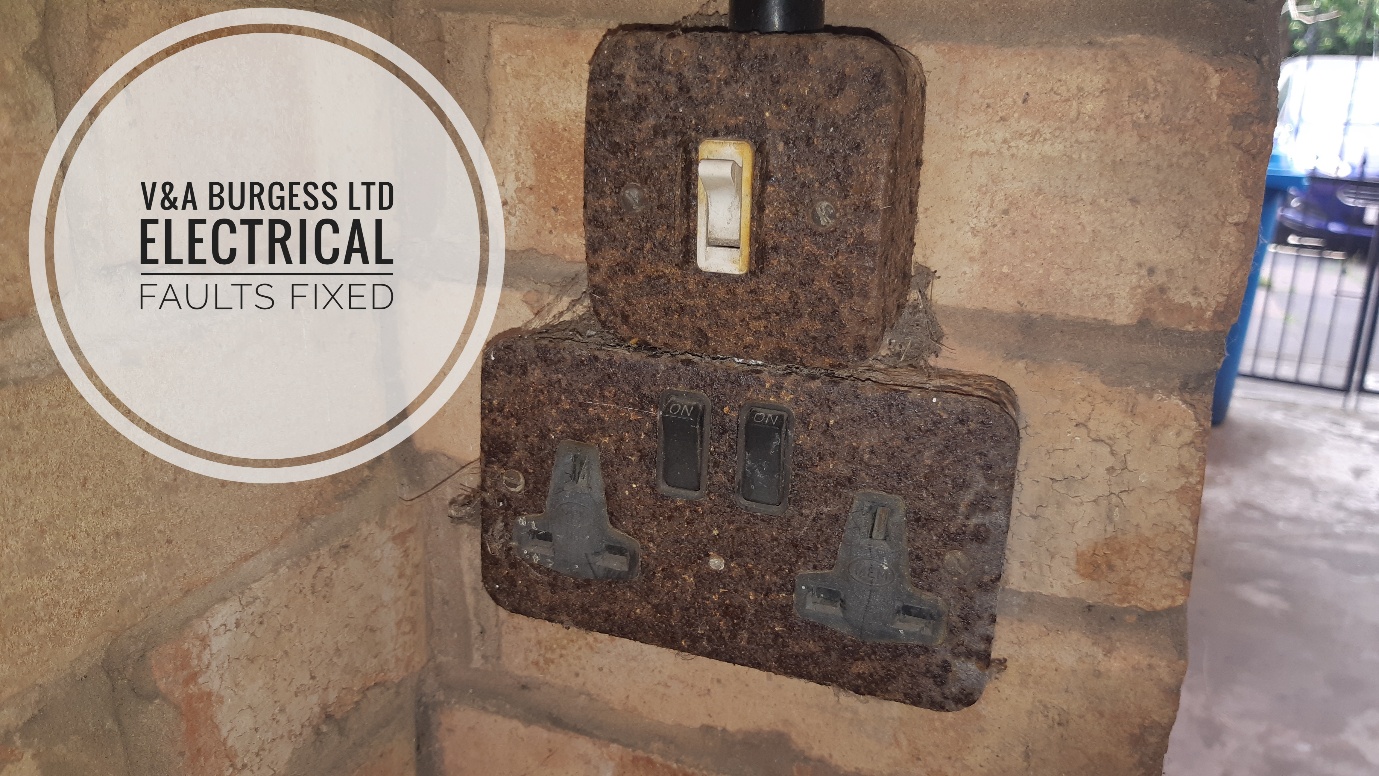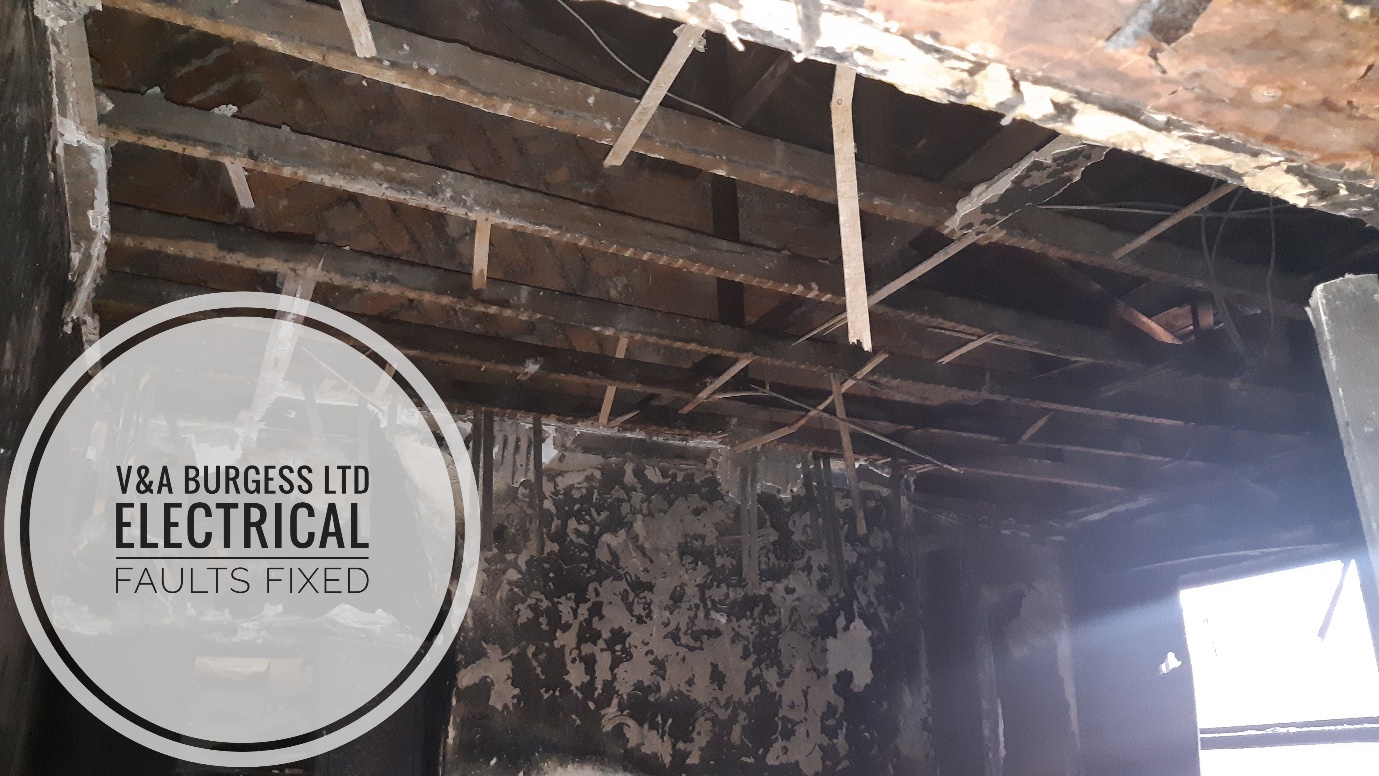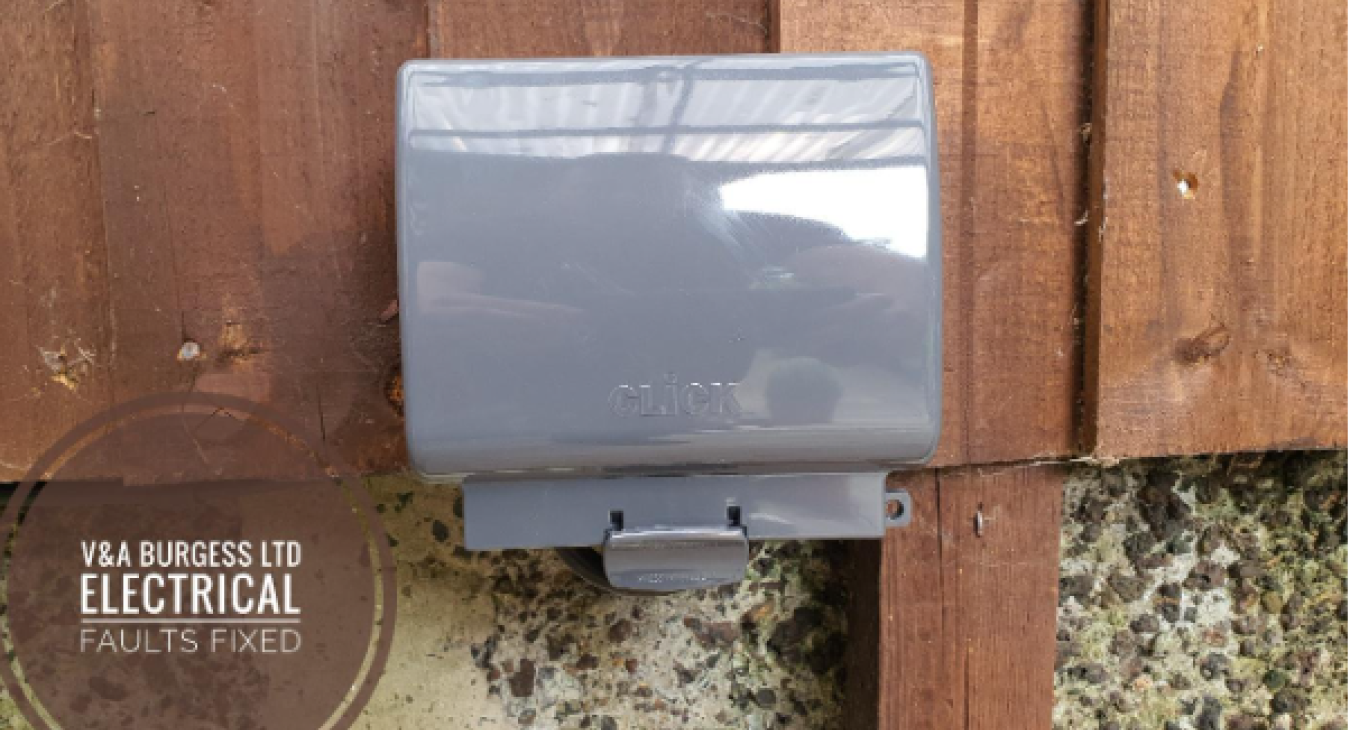Outdoor Electrical Outlets, are sockets outside safe? - Electrical Faults Fixed
Are outdoor sockets safe? Yes, absolutely so long as they are installed according to the National Electrical Code (USA) or the Safety Requirements for Electrical Installations (UK). Any electrical equipment installed outdoors, including outdoor outlets, is perfectly safe so long as the local electrical requirements have been met by the installer. What does this mean? Let’s have a look.
Table of Contents
- Potential Hazards with Outdoor Wall Sockets
- Weatherproof Cover
- Electric Shock from Outdoor electrical Outlets
- Electrical Fires
- Water Ingress in Outdoor Sockets
- Using an Outside Socket Safely
- Christmas Lights and Outdoor Sockets
- Indoor Extension Cords used Outdoors
- Can outdoor sockets be covered with a plastic bag?
- In Summary
1) Potential Hazards with Outdoor Wall Sockets
As an Electrical Lecturer and Qualified Electrician specialising in Electrical Faults, I come across many potential hazards with outdoor electrical products and outdoor sockets are no exception. The most common hazards with outdoor electrical installations are:
- Use of extension Cords
- Missing Outdoor Covers
- Poor Electrical Installation Work
- Failure to meet Safety Standards
- Short Circuit
- Insulation Faults
2) Weatherproof Cover
Outdoor use of electrical equipment should follow certain requirements regardless of the electrical requirements for the country that you are in. Measures should be taken to sufficiently protect against electrical shock, electrical fires and ingress of dust and water to the electrical equipment. This normally means using an outdoor socket that has been designed for that purpose. IP ratings on electrical equipment like outdoor receptacles should be sufficient as to prevent electrical hazards through ingress of particles and liquids.

(Photo: Metal Outdoor Socket that has rusted)
Back to top
3) Electric Shock from Outdoor electrical Outlets
Electrical shocks can be deadly under the right circumstances and the common problem with any outdoor space is the increased potential for electrical shock. Not only can outdoor environments be wet thus reducing the resistance of electrical current flow through our bodies but there is also a good likelihood that we will be making reasonable contact with the ground. These two factors make it easier for a larger electrical current to pass through us and deliver a more serious shock in this environment.
Measure such as a Ground Fault Circuit Interrupter, Residual Current Device, Sufficient Earthing and low voltage lighting can limit the risk of electrical shock.
Back to top4) Electrical Fires
When equipment is installed poorly or in contravention of wiring regulations, there can be a risk of electrical fires. Overloaded cabling, faulty wiring and poor installation can lead to a dangerous situation where electrical fires can occur. The easiest way to ensure you have a safe electrical system and safe outside outlets would be to employ the services of a professional electrician who can correctly assess the risks, understands the local electrical requirements, and can install equipment correctly.

(Photo: Fire caused by Faulty Electrical Wiring)
Back to top5) Water Ingress in Outdoor Sockets
Damp locations in general can present a problem for electrical installations and along with other potential problems such as water ingress (which is common with outside electrical outlets) you may find that your electrical system trips regularly when it rains or when damp is present outdoors. So long as the manufacturers installation instructions and operating instructions are followed, outdoor outlets should not allow water in.
Most outdoor electrical outlets have a watertight cover sufficiently rated to prevent moisture from entering the equipment.
Back to top6) Using an Outside Socket Safely
Outdoor electrical equipment should not be plugged in during wet conditions unless the socket outlet has an "in-use cover" that allows the use of the outlet during all weather conditions. An in-use cover is a weather resistant shield that maintains the protection against water and dust ingress into the power outlet even when electrical items are plugged in.
Back to top7) Christmas Lights and Outdoor Sockets
Many sets of holiday lights will have a transformer style plug which are a little bulky in comparison to a standard plug top and can result in many outdoor socket covers not closing correctly forming a water tight seal. Transformers take the mains voltage and reduce it to low, safe levels that help prevent electrical shock. Transformers are common on electrical devices such as outdoor lighting.
If you wish to use a transformer style plug with an outdoor electrical socket then you may want to consider asking a qualified electrician to install a special style of outdoor socket outlet that allows for the bulky transformer plugs.
Back to top8) Indoor Extension Cords used Outdoors
A common place where sockets become unsafe when used outdoors is when an extension cord is used on a permanent basis. It is one thing to use an extension cord to provide supply to power tools outdoors and a completely different matter when using an extension cord to power a pond pump, electrical supply to a shed or supply to an outbuilding. Extension leads should only be used as a temporary supply for equipment only and not as a replacement for a professionally installed electrical supply.
Back to top9) Can outdoor sockets be covered with a plastic bag?
A plastic bag is not a sufficient waterproof cover for an outdoor electrical socket. An outdoor socket should be correctly selected and installed to prevent the need for further waterproofing. I have, on occasion, come across indoor sockets installed outdoors and the results are as expected, appalling. If you would rather have an indoor socket installed outdoors then it must be situated in a suitable sized outdoor electrical box. Where the socket does not comply with water ingress ratings, the outdoor electrical box within which the socket should be installed, should be correctly rated.
Back to top10) In Summary
Whilst correctly installed outdoor electrical sockets are completely safe, there are many factors that can affect their safety over time. Failing cable insulation, damage to the socket, overloading and more can mean an outdoor socket that was installed correctly in the first place, now no longer provides safe service. If in doubt, it is best to contact a local electrician to come and check your outdoor electrical installations for you.
Back to top
Read more articles
- Log in to post comments


